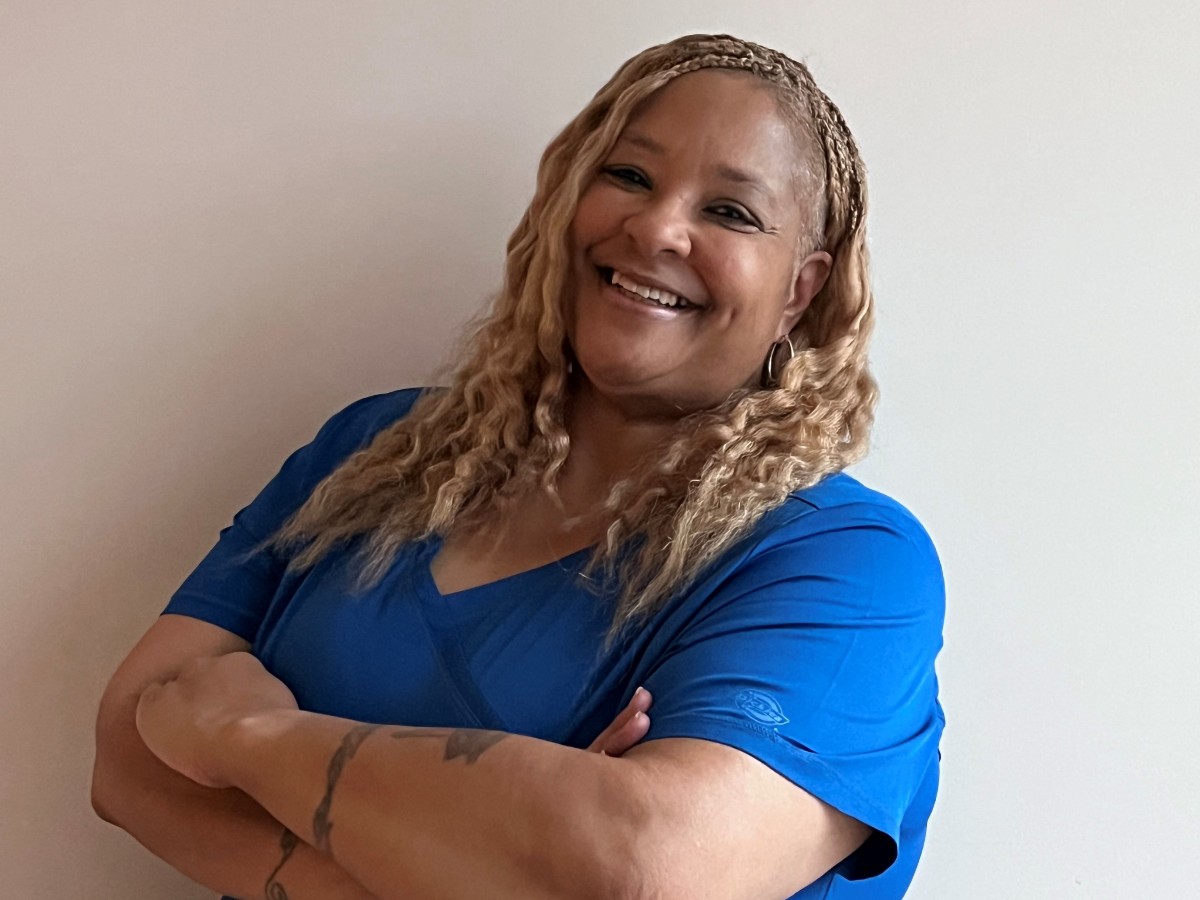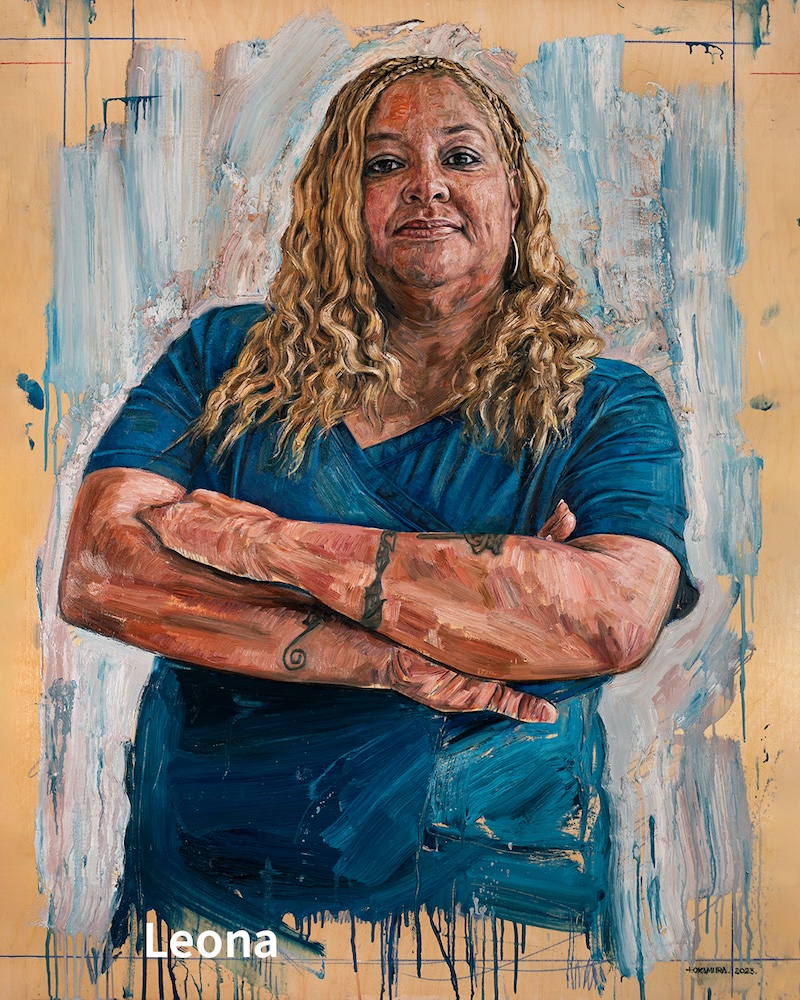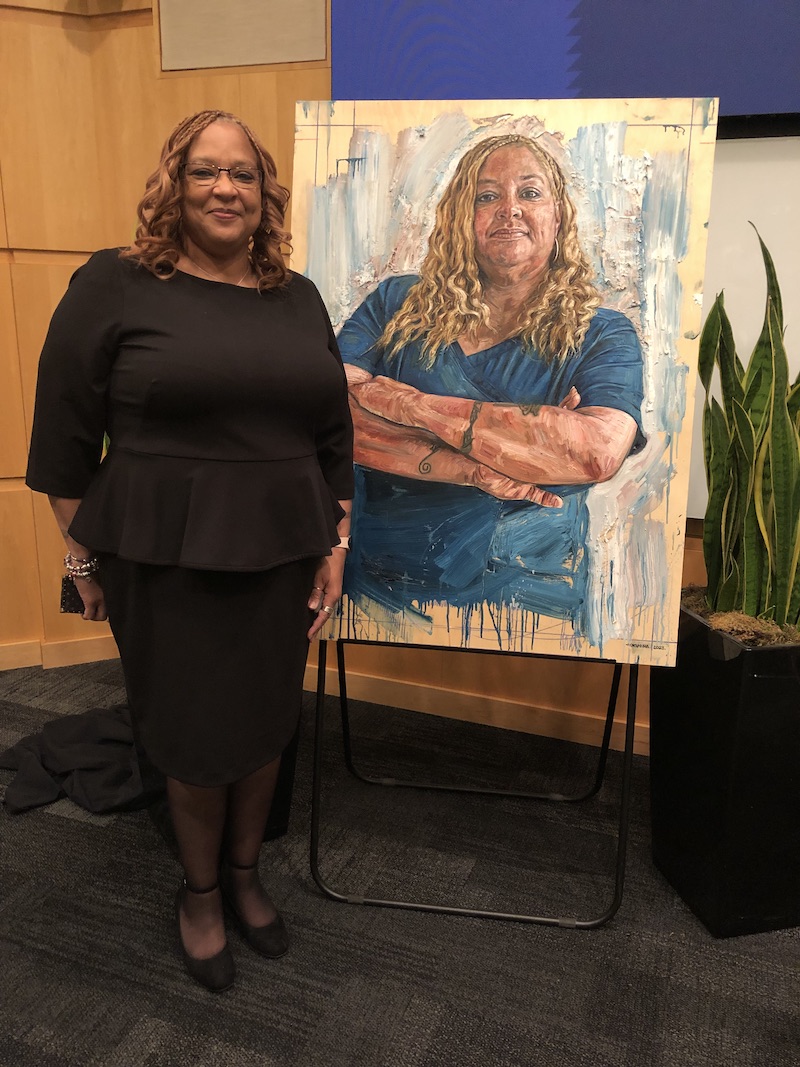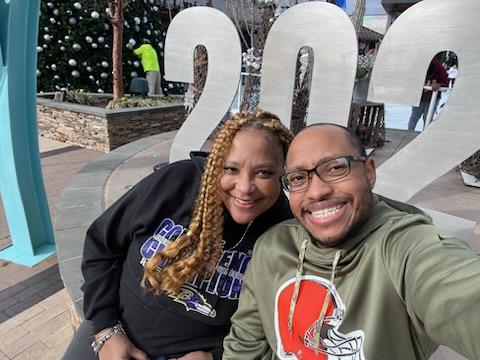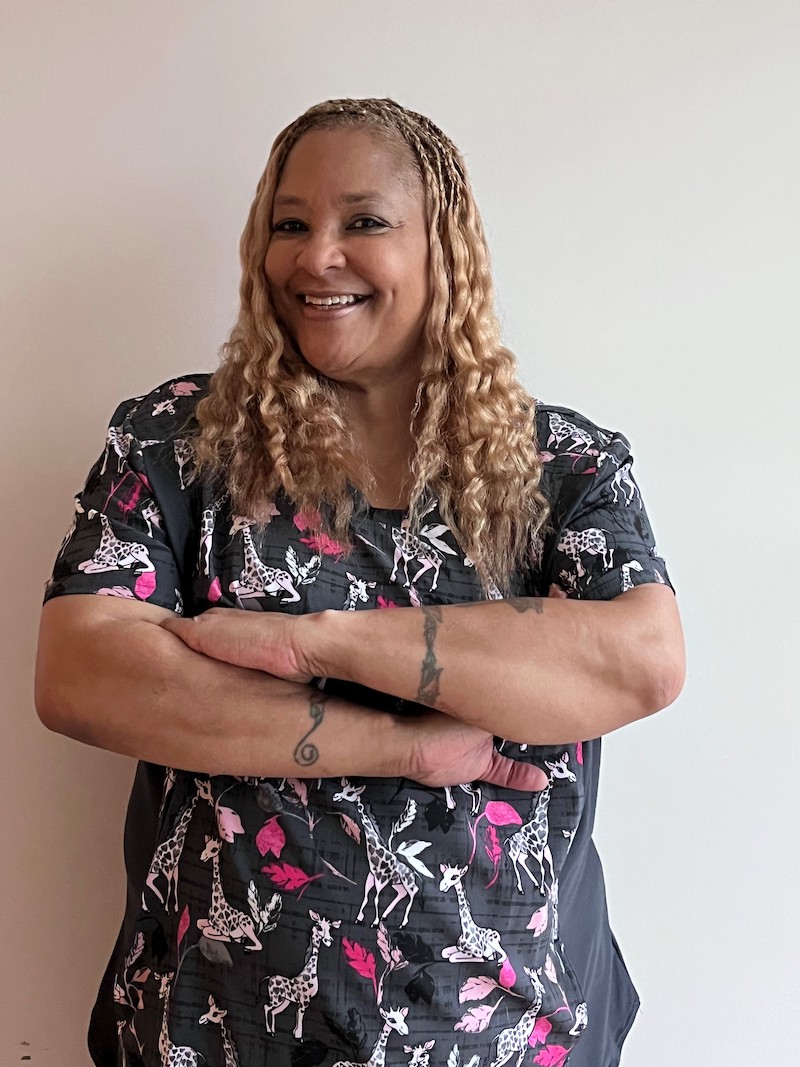In 1988, when Leona Gregory was 27 weeks pregnant and her doctors told her they would need to deliver her baby immediately, her first response was “It’s not possible.”
But complications had put her life at risk, and Nick was born weighing just 1 pound, 15 ounces. A doctor told Leona that if he survived 24 hours, he’d be lucky. Leona was so devastated that she didn’t want to see Nick and become more attached to him, but her mother, a nurse, made her go into his room in the NICU, where he was hooked up to machines keeping him alive. He was so small that he could have fit in the palm of her hand.
Nick lived through that day, and the next, and kept going. During that uncertain time, Leona learned just how much the nurses and doctors at UH Rainbow Babies & Children’s Hospital in Cleveland were willing to do to fight for his survival.
“They were so caring, so compassionate,” she says. “They explained everything to me. It was really his primary nurse that made the biggest difference — I was amazed at what she did.”
A New Mission in Life
Three months after he was born, Nick was safely sent home. Leona, then a retail manager, was determined to return to school and become a NICU nurse herself. Her initial motivation was to give Nick the best possible life. Nurses could work weekend contracts and receive bonuses, providing a comfortable living and allowing her to spend more time during the week with her young son. “You would do anything for your child,” she says.
Leona worked full-time and attended nursing school at night while her mother watched Nick. In 1993, her first job after graduation brought her right back to the NICU at Rainbow Babies & Children’s, where some of the nurses recognized her from the many hours she had spent visiting her son. Now she was one of their colleagues.
The work was absorbing and meaningful. At one point, Leona was the primary nurse assigned to one of a set of quadruplets, who stayed in the hospital for about a year. “To see them later in life, they were all walking and talking, it was just amazing,” she says. It also could be stressful. Leona and her co-workers helped one another through difficult days when babies didn’t survive.
Over time, medical experts realized that families should be allowed to be more involved, and parents whose babies were in the NICU were given more opportunities to hold and bond with their children. Treatments advanced and smaller babies could be saved.
Leona was not planning to leave the NICU, but then a nurse came to her hospital to train staff on how to use GE HealthCare’s Giraffe OmniBed. “I was floored,” Leona says. “Nurses were outside of the bedside, making a difference. Nurses had input and patents in the design of this device.”
Career Refresh
After 14 years as a bedside NICU nurse, Leona joined GE HealthCare in 2007 as a clinical applications specialist. She traveled the United States — going as far as Guam on three occasions — teaching nurses how to use the Giraffe family of devices (Omnibed, Incubator, Shuttle, Warmer, Phototherapy), bedside monitors called Panda Warmers, and all the other devices designed to provide support to neonates on their journey to going home healthy. She specialized in the clinical evidence base behind why thermoregulation is so critically important for the care of our babies of any gestational age, translating that knowledge for use at the bedside for every nurse. She loved the interaction with customers, learning how NICUs were evolving, and staying on top of research. “And you still got to see little babies,” she says.
About three years ago, Leona took on a new role at GE HealthCare in Quality and Regulatory. “People sometimes think of complaint handling as negative, but it provides our team detailed data and trends to ensure superb quality and safety for all patients,” she says. “When I was at the bedside, I didn’t think about what it takes behind the scenes.”
She has continued to support nurses as they struggled and showed their resilience during the worst parts of the COVID-19 pandemic, and as they adapt to new technology and a faster pace of work. “No matter what we do, there always needs to be a nurse putting hands on a patient and giving that compassion and interaction,” she says.
Over the course of her career, Leona, now 57 and living outside Baltimore, has spent 85,176 hours providing care. As she’s helped countless babies through their challenging early weeks, months, and first year, she’s also had the opportunity to watch her own children reach adulthood. Nick, now 34, is finalizing his degree in international studies, and Leona’s daughter, April, 28, holds a bachelor’s degree in fine arts, with a focus on digital arts, and works as a senior recruiter.
“One moment in your life can change everything, for good or bad,” she says. “I always tell Nick, ‘You’ve changed my life.’” In Leona Gregory’s case, the change was for good — for her family and so many others.
Leona was one of the subjects of GE HealthCare’s Canvases of Care campaign for Nurses Week. New York–based artist Tim Okamura has created paintings of Leona and four other nurses. Each painting contains one brushstroke for every hour of care the nurses have put in over the course of their careers — Leona’s has 85,176 strokes — and the paintings will remain unfinished, because a nurse’s work is never done.

